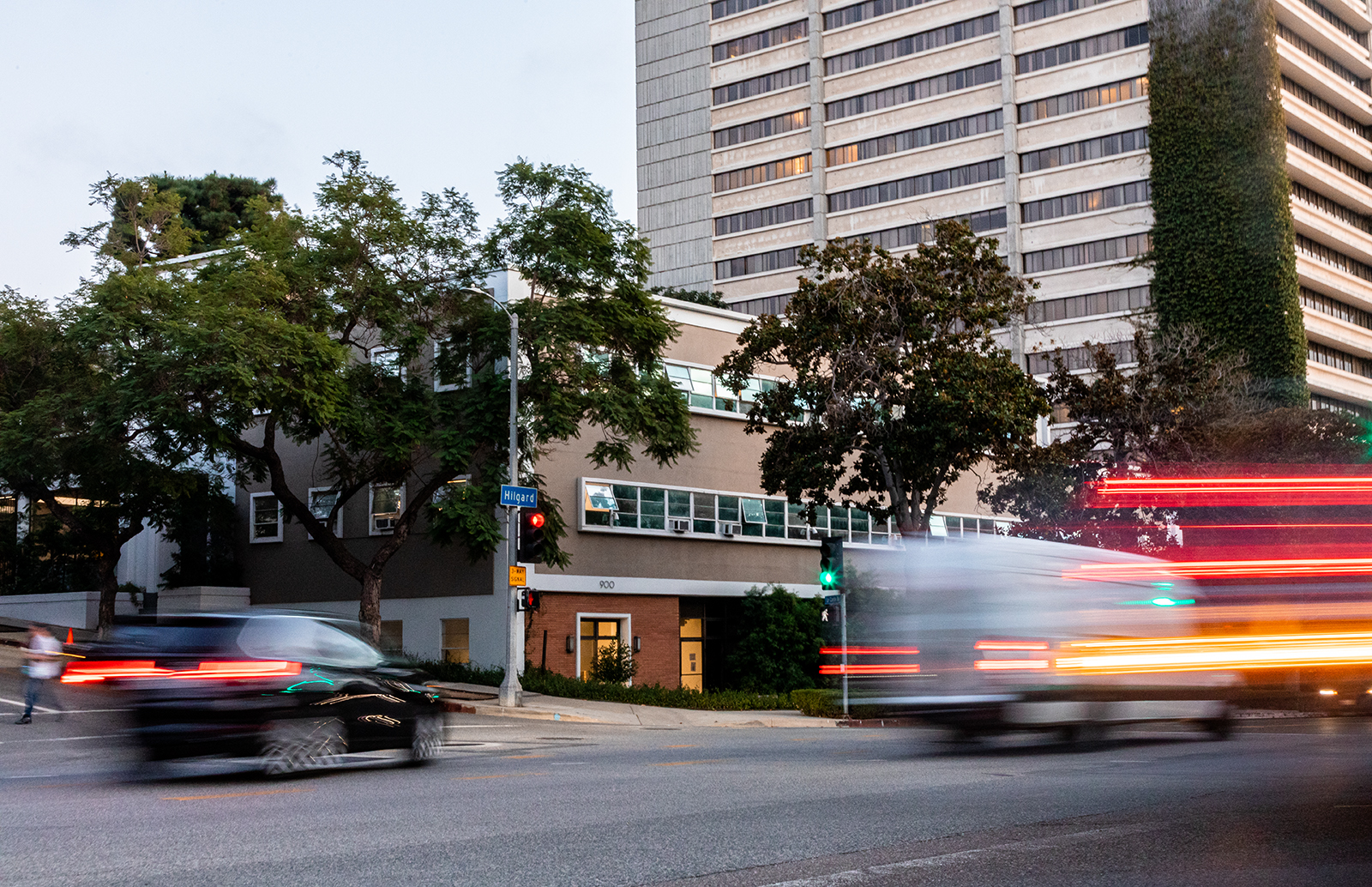Housing alternatives should not be disparaged, despite not being perfect solution

Alternative housing models in the current housing crisis aren’t avoidable. But these require reform and newfound protections more than vilification from local homeowners. (Tanmay Shankar/Assistant Photo editor)

By Lena Nguyen
Oct. 13, 2019 11:54 p.m.
Disappointing, but not surprising.
That’s how most UCLA students would describe the news that Westwood is the most expensive city in California for the second year in a row.
What may surprise locals, though, are the alternatives.
Whether it be vans rented out with a mattress in the back, capsule pods as beds or a newly designed backyard home, the face of housing is inevitably changing.
Of course – not everyone is accepting the change. Locals have been more than clear that these tenants aren’t welcome, waging a war against legalizing backyard homes and leaving insulting notes on van windshields.
Rather than condemning these solutions or imposing judgment upon whether they’re the right ones, people need to realize that they’re options: something housing-insecure individuals are quickly running out of. The city and its homeowners both know these alternatives shouldn’t be permanent solutions – but by working with these communities to create realistic and livable spaces, LA can help encourage a culture of discussion, as opposed to stigma and silence.
LA can’t stop the housing crisis, but the city can at least ensure regulations are put in place to protect tenants’ right to safe shelter.
Given that the average rent price in our very own 90024 ZIP code is $4,994, according to a RENTCafe survey, students and young professionals have understandably been driven out of the housing pipe dream. But for some capitalists, it provided opportunities – despite some moral ambiguity.
The cheapest, but most incredulous, option is the van life. Despite what it sounds like, a spot in a van with a queen mattress will have renters’ pockets out up to $300 per month. And what’s worse is that renters aren’t paying for safe conditions, bathrooms or lighting.
Quite simply, they’re paying for the chance to be off the streets.
And with these cheap options come the opportunity for exploitation of some of the most vulnerable populations. Tenants don’t sign formal leases and are not entitled to certain rights by law, making an inevitable situation often synonymous with a dangerous one.
Gus Wendel, assistant director of cityLAB UCLA, an urban planning and architecture research lab, believes the housing crisis may be driving tenants to potentially risky, under-the-radar options.
“Until we deal with the larger housing affordability crisis, these kinds of alternative arrangements are going to pop up,” Wendel said. “They might be short-term solutions, but they do need regulation to meet basic sanitation standards and tenants’ rights that are necessary for living with dignity.”
Granted, vans aren’t the only option – in fact, other alternatives have popped up in UCLA’s own backyard.
Hidden from direct view of the community, co-living units are nestled near universities such as UCLA and USC. PodShare in Westwood offers living spaces by the night or on a month-to-month lease, with no credit check required – arguably a perfect option for students on a tight budget.
But while keeping students off the street is an honorable endeavor, marketing to students – especially those in Westwood – runs the risk of shifting them away from permanent housing. A considerable amount of those living in these units have stayed for over four months.
It’s not dirt cheap either; a month of scarce privacy and space can still cost close to $1,000.
Garrett Higginbotham, a fourth-year business economics student, said the trade-off might be worth it alone for the saved costs.
“It’s really inexcusable for a college city to be so expensive, and there’s only so many backyards, garages and pods that people can have before going crazy with the limited space,” Higginbotham said.
But the issue with this city isn’t necessarily the lack of space, or even the lack of demand for more housing.
Instead, it is powerful homeowners driving the conversation around housing alternatives right into a wall. And with nearly 10,000 individuals in LA who sleep in their vehicles, it’s time the topic was addressed – without stigma, shame or a mob from Bel Air chasing them out.
Michael Lens, associate professor of urban planning and public policy, believes that these models can be a part of the solution, but only as a means to a more sustainable end.
“The forms of housing that we’re discussing here are not something we should back away from or prohibit,” Lens said. “It can be a small part of the solution, but we have to be realistic that we’re not going to house millions of people in vans or pods.”
In some ways, LA has been leading the charge on the housing front.
UCLA itself has played a significant role in championing Assembly Bill 2299, which makes it easier than ever for single family households to accommodate more renters – through backyard homes or garage apartments. And with more options to address the symptoms than the cause of housing insecurity, it’s going to take more than a village to solve the LA housing crisis – it’ll take the whole state, too.
But until then, residents must admit that the home owning dream is changing by the day.
For those who are still holding on, the main criticisms are that new housing will encourage people to remain in temporary units instead of permanent homes. They’re not wrong – these options are intended to be temporary. But until there are more long-term roofs built, blame shouldn’t be assigned to people not living under one.
There’s nothing wrong with wanting a future in which everyone can secure permanent and affordable housing.
But vilifying the options at hand while not offering any other means of protection for housing-insecure individuals shows that it was never about concern or compassion. It’s about maintaining the image of the perfect ZIP code.
And though that might always be disappointing, it will never come as a surprise.


